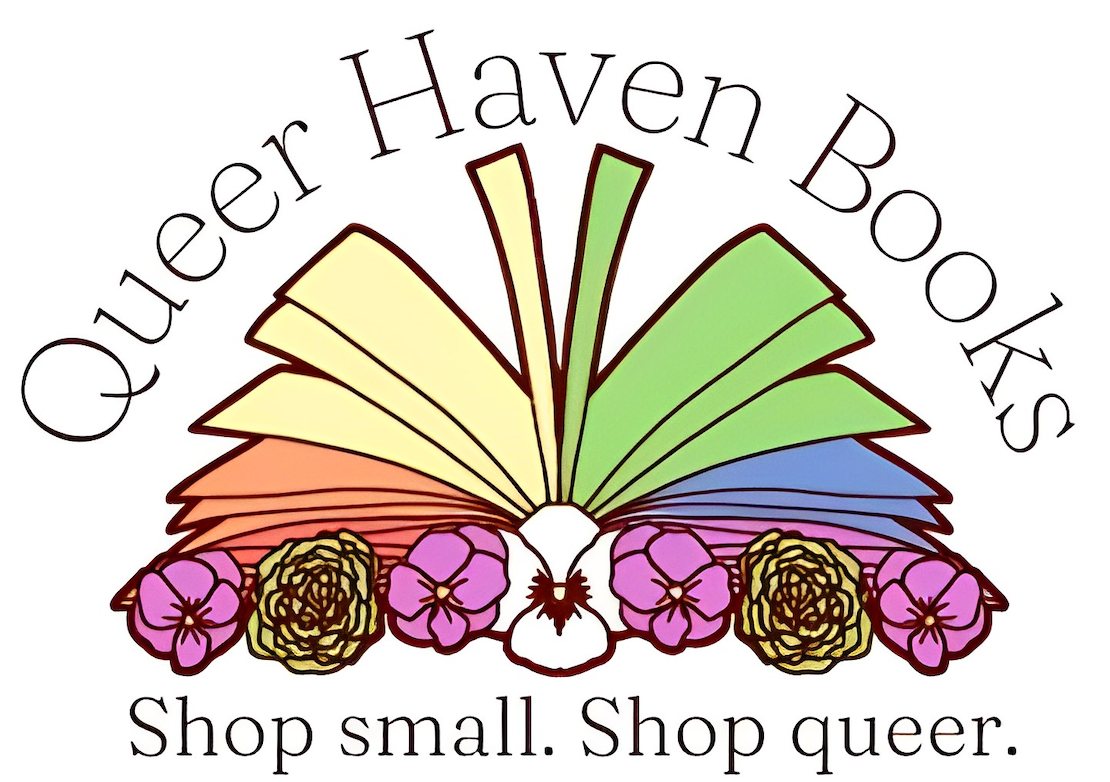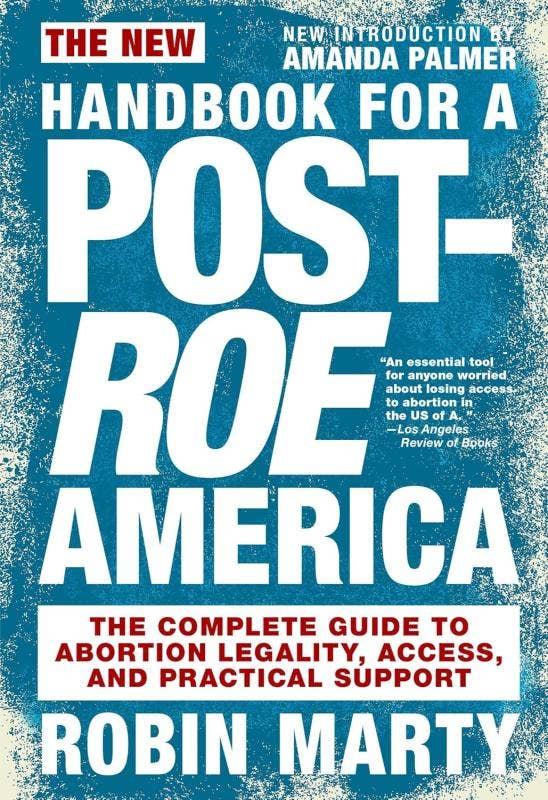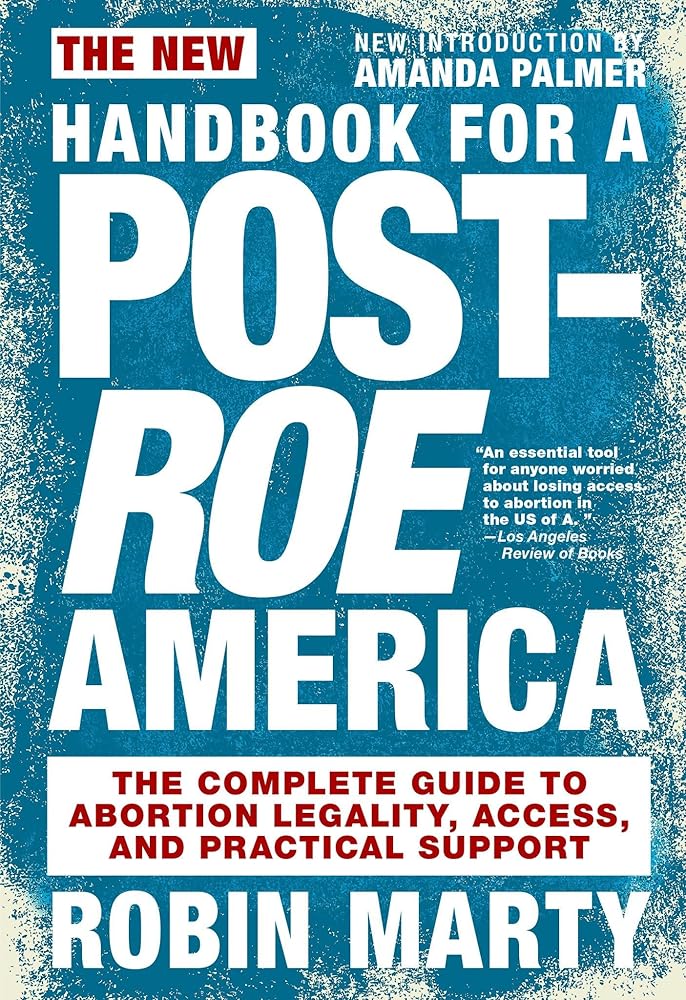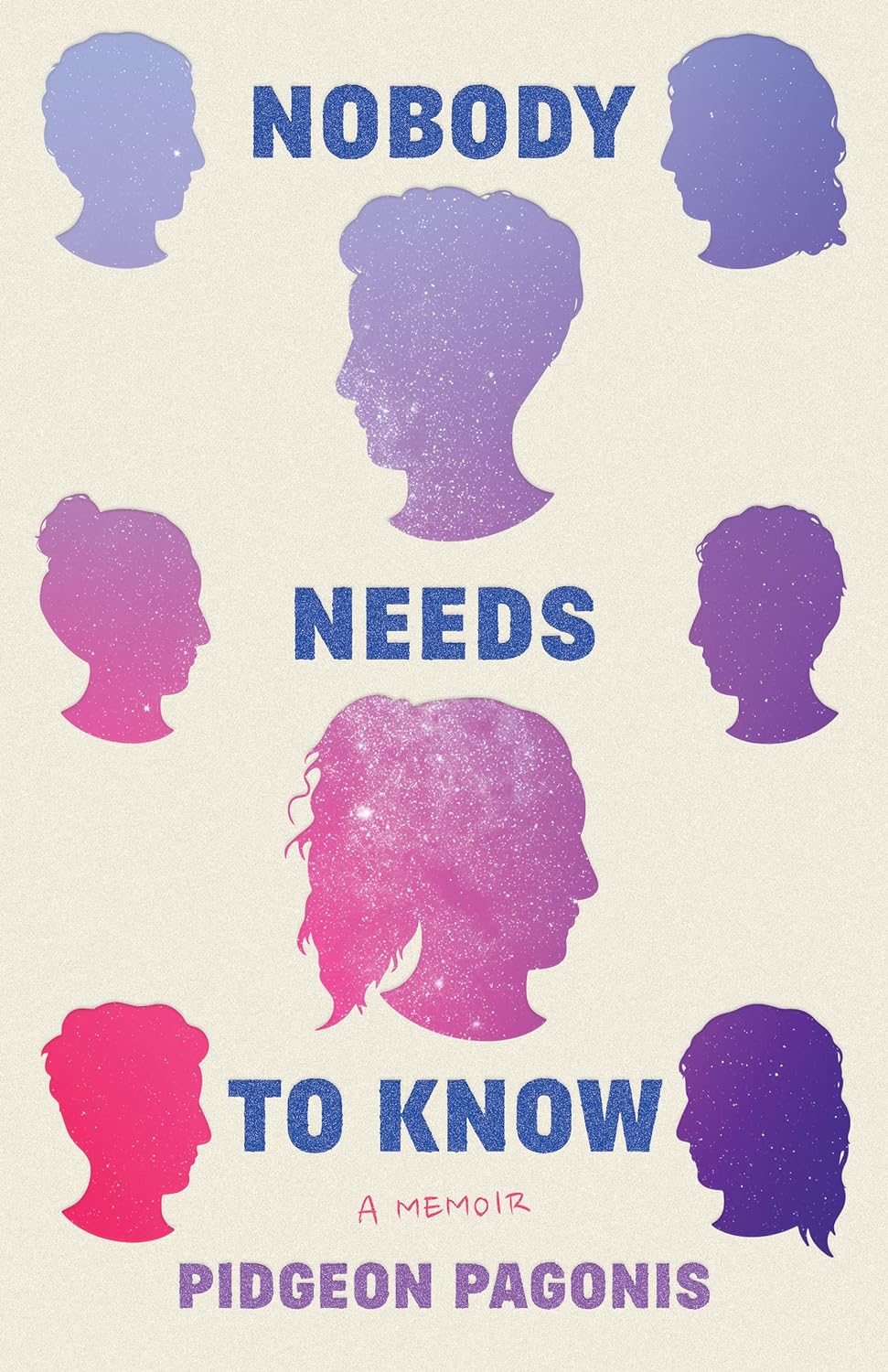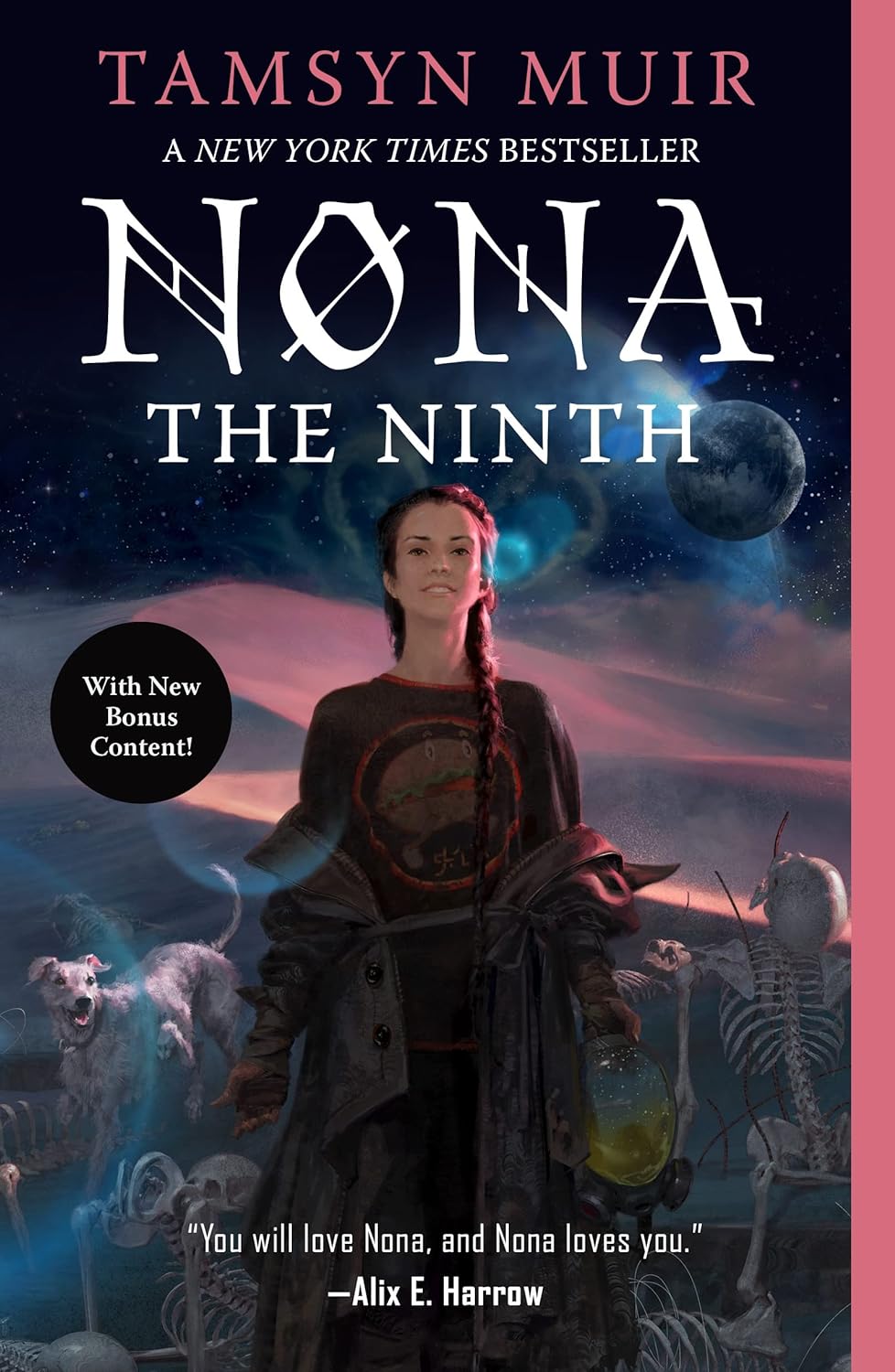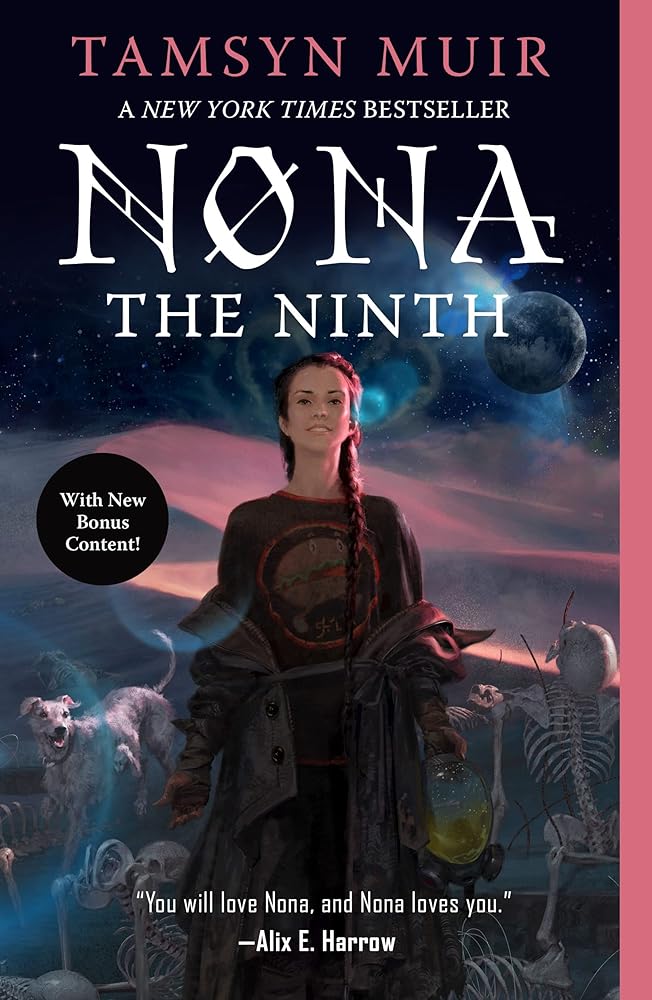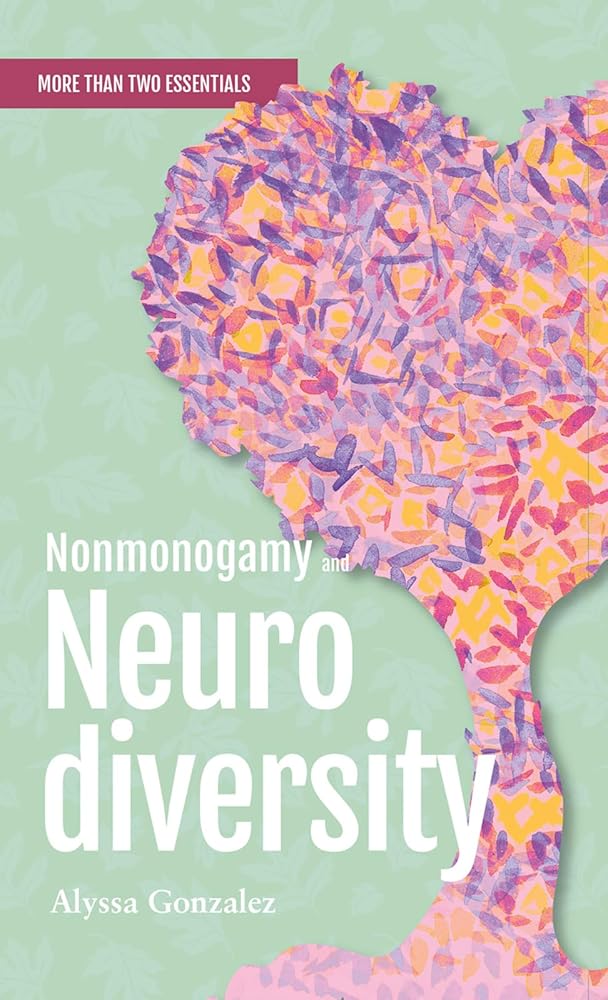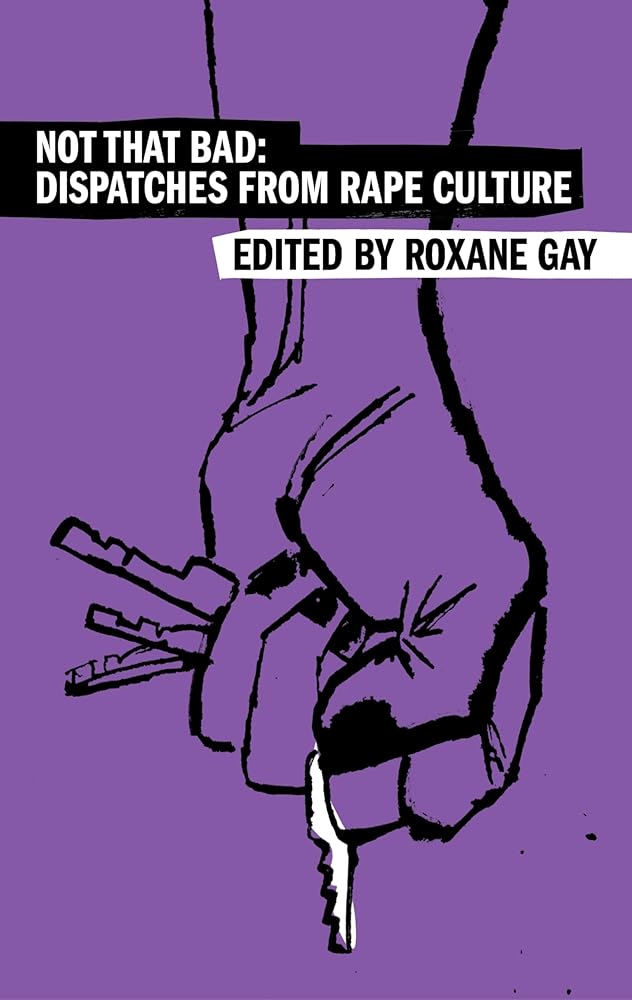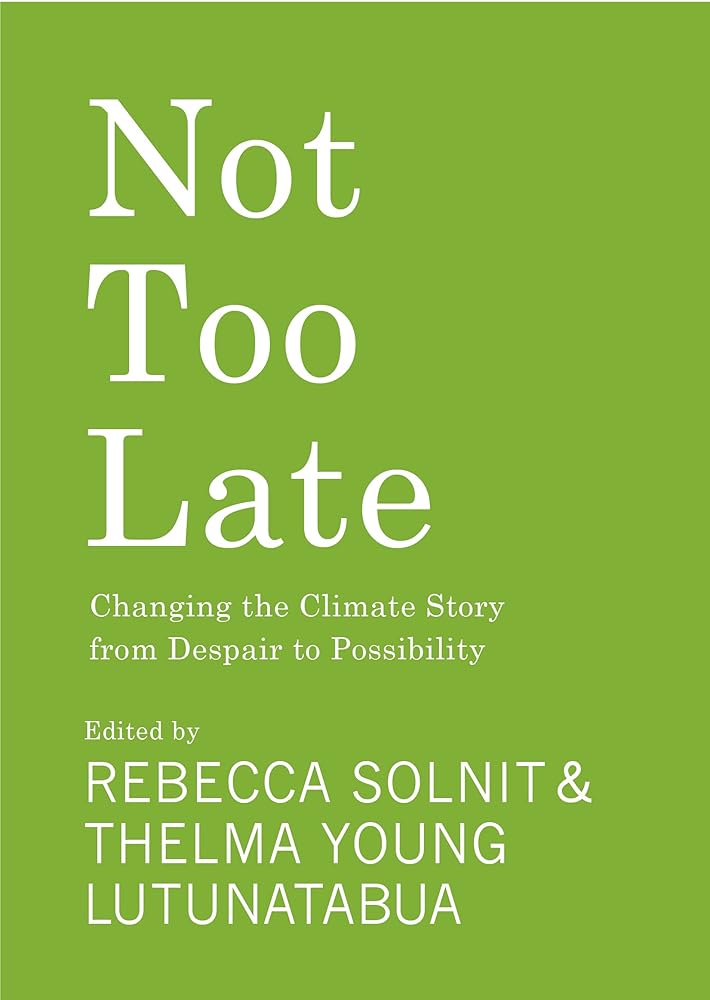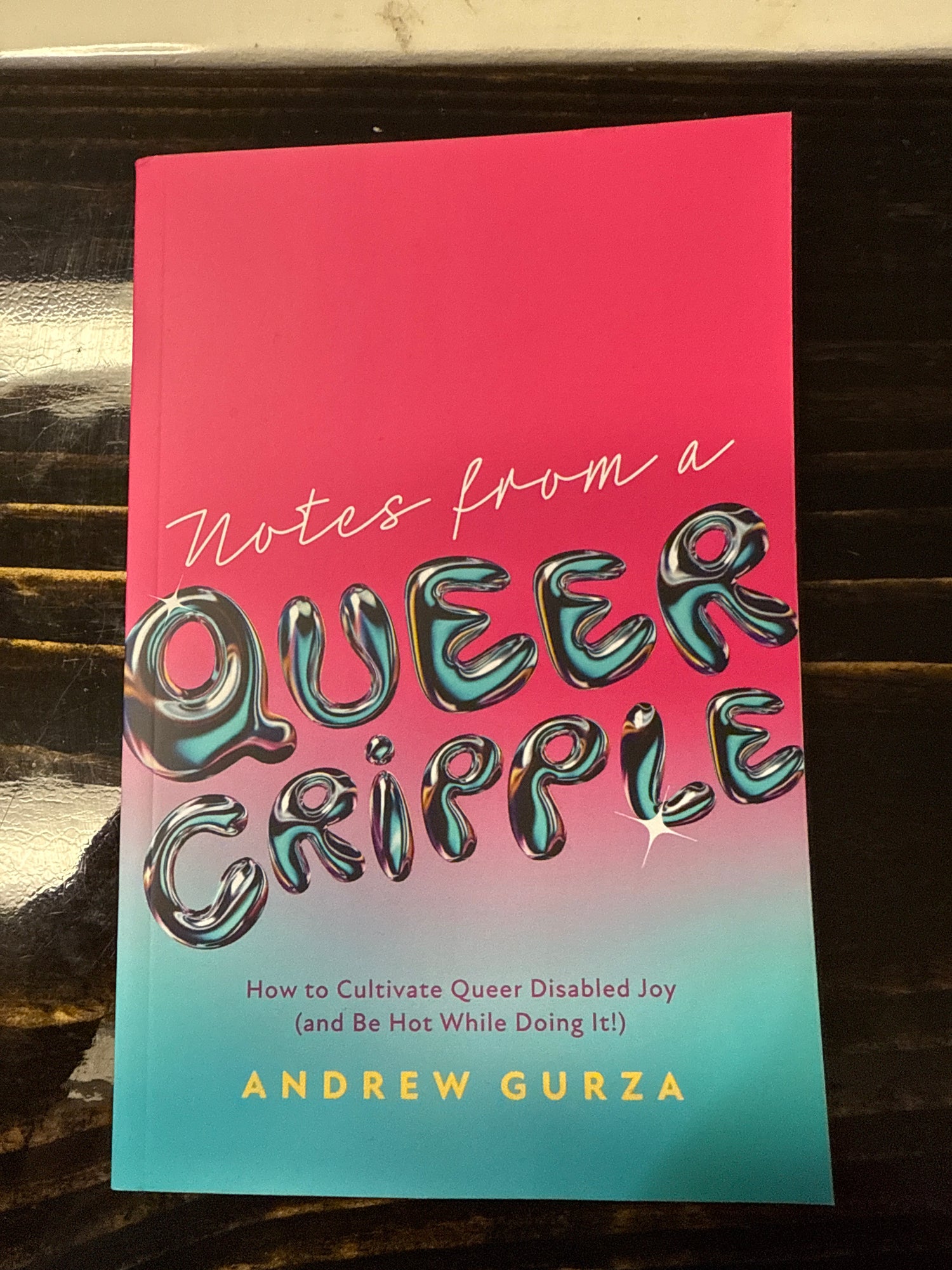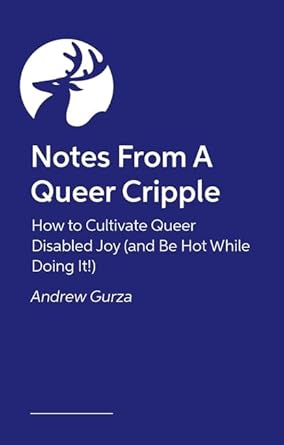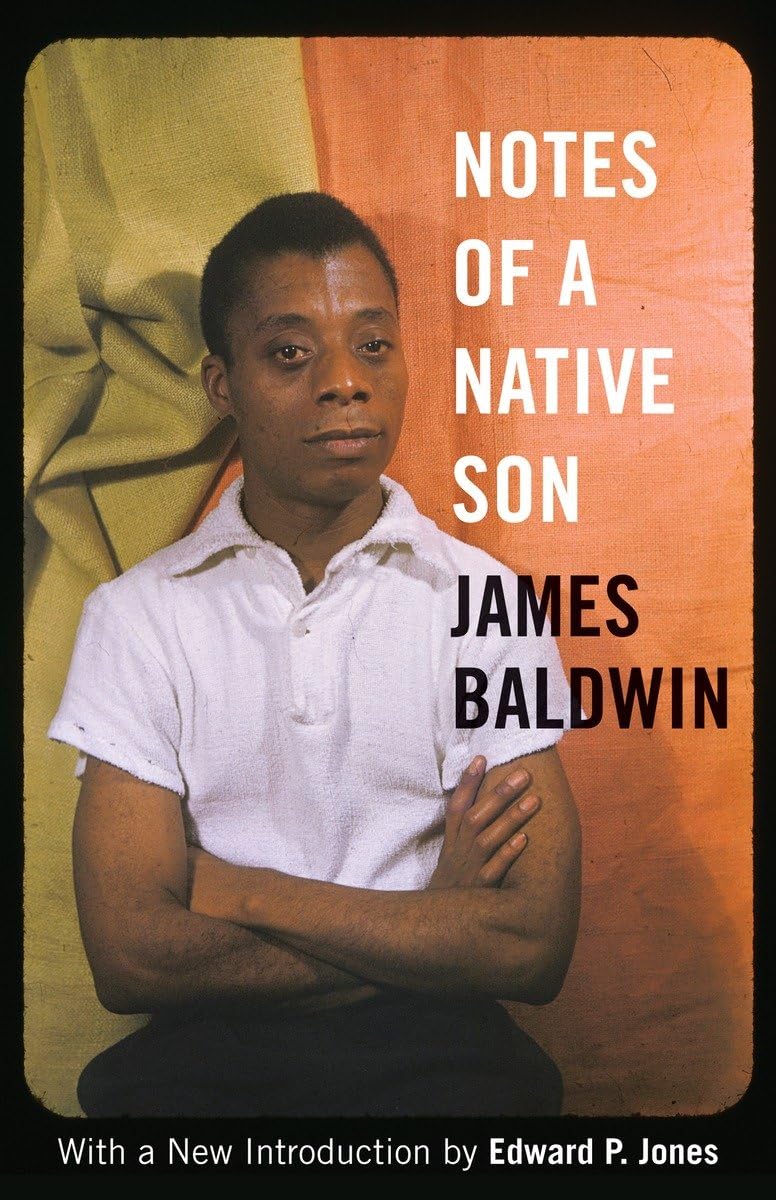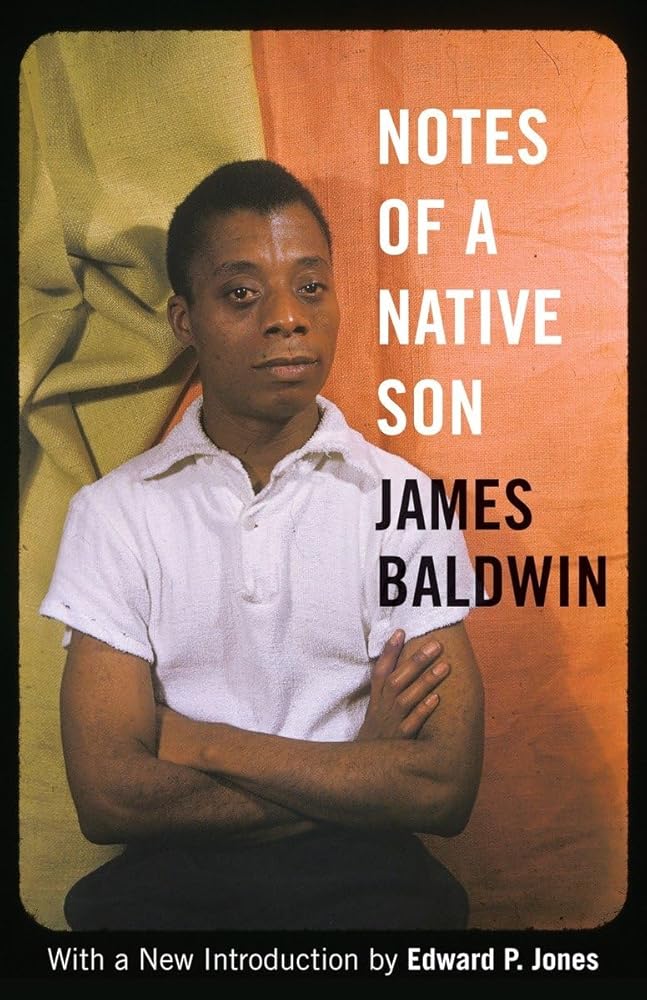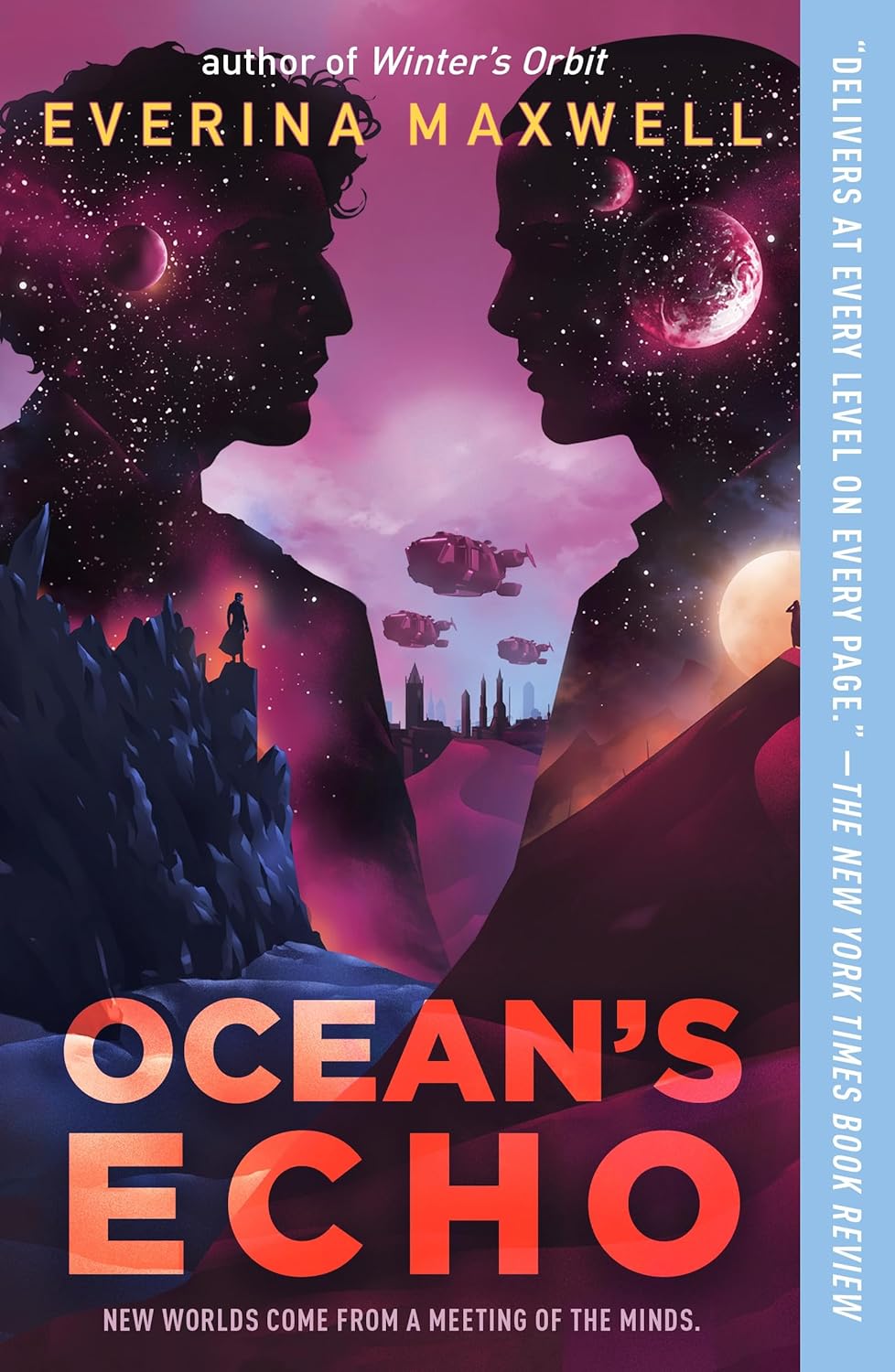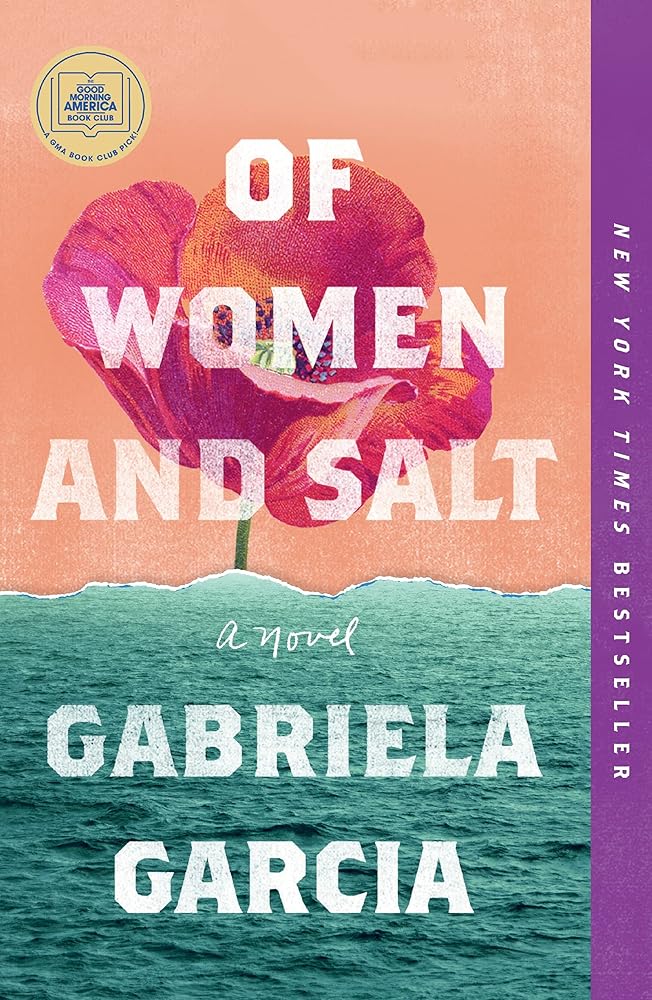Sort by:
903 of 2063 products
903 of 2063 products
A completely new edition of Robin Marty's bestselling manual on what to do now that Roe v. Wade has been overturned.
The New Handbook for a Post-Roe America is a comprehensive and user-friendly manual for understanding and preparing for the looming changes to reproductive rights law, and getting the health care you need. Activist and writer Robin Marty guides readers through various worst-case scenarios of a post-Roe America, and offers ways to fight back, including: how to acquire financial support, how to use existing networks and create new ones, and how to, when required, work outside existing legal systems. She details how to plan for your own emergencies, how to start organizing now, what to know about self-managed abortion care with pills and/or herbs, and how to avoid surveillance.
The only guidebook of its kind, The New Handbook for a Post-Roe America includes new chapters that cover the needs and tools available for pregnant people across the country. This new edition features extensively updated information on abortion legality and access in the United States, and approximately one hundred pages of new content, covering such topics as independent alternatives to Planned Parenthood, "auntie networks," taxpayer-funded abortions, and using social media wisely in the age of surveillance.
By: Rebecca Solnit (Author), 2025, Paperback
In the spirit of her bestselling book Hope in the Dark, Rebecca Solnit explores how our actions can shape the future and the liberatory possibilities of embracing uncertainty.
Beginning with an essay about a three-hundred-year-old violin and what it can tell us about forests, abundance, and climate, and ending with on about a prisoner dreaming of seeing the ocean, No Straight Road Takes You There deftly bridges the political and the literary, offering unique insights, nuanced understanding, and inspiration for the challenging work ahead. In her latest essay collection, the award-winning author explores climate change, feminism, democracy, hope, and power and its abuse. Throughout she asks us to heed the stories we tell or have been told, and the ways those stories can be, or should be changed. Solnit offers a reappraisal of the value of indirect consequences, an embrace of unpredictability, slowness, and imperfection in the politics of how to change the world.
By: Pidgeon Pagonis (Author), Joey Soloway (Introduction), 2023, Paperback
From intersex activist Pidgeon Pagonis comes a candid and life-affirming true story of identity, lies, family secrets, and the healing power of truth.
Pidgeon Pagonis always felt like their life was a constant attempt to fit in with other girls―a feeling that was only exacerbated when puberty failed to hit. They never understood why…until they uncovered the secret that had haunted their childhood.
Bouncing between their Chicago home and the city’s children’s hospital, Pidgeon weathered a series of traumatic surgeries, fabrications, and misdirections. It wasn’t until college that Pidgeon pieced together the puzzle of their identity: they’d been born intersex but raised as a girl, their life shaped by lies that left them physically and mentally scarred. But for Pidgeon, what began as a shameful and traumatic discovery transforms into a painful yet joyous journey of self-love, truth, and healing.
Pidgeon’s inspiring memoir is for everyone whose body and spirit defy expectations, a fierce challenge to a system hell-bent on enforcing binary definitions. Ultimately, it’s a celebration of the freedom and empowerment that come from learning the truth about who you are―and living it.
Tamsyn Muir's New York Times and USA Today bestselling Locked Tomb Series continues with Nona ...the Ninth?
A Finalist for the Hugo and Locus Awards!
An Indie Next Pick!
The Locked Tomb is a 2023 Hugo Finalist for Best Series!
“You will love Nona, and Nona loves you.” ―Alix E. Harrow
“Unlike anything I've ever read.” ―V.E. Schwab on Gideon the Ninth
“Deft, tense and atmospheric, compellingly immersive and wildly original.” ―The New York Times on Gideon the Ninth
Her city is under siege.
The zombies are coming back.
And all Nona wants is a birthday party.
In many ways, Nona is like other people. She lives with her family, has a job at her local school, and loves walks on the beach and meeting new dogs. But Nona's not like other people. Six months ago she woke up in a stranger's body, and she's afraid she might have to give it back.
The whole city is falling to pieces. A monstrous blue sphere hangs on the horizon, ready to tear the planet apart. Blood of Eden forces have surrounded the last Cohort facility and wait for the Emperor Undying to come calling. Their leaders want Nona to be the weapon that will save them from the Nine Houses. Nona would prefer to live an ordinary life with the people she loves, with Pyrrha and Camilla and Palamedes, but she also knows that nothing lasts forever.
And each night, Nona dreams of a woman with a skull-painted face...
Too often, the neurodivergent community is marginalized, de-sexualized or patronized. Neurodivergent people are often not seen as part of the romantic or sexual landscape, let alone as people who can have multiple partners. However, the fact that neurodivergent people do not see the world or operate within it as other people do makes nonmonogamy both uniquely challenging and uniquely well-suited to them.
This book is for neurodivergent people considering or practicing nonmonogamy. Its goal is to help neurodivergent people understand how well-suited they are to the polyamorous life, and to help them recognize and manage the challenges that being neurodivergent can bring to nonmonogamy. It is also for the partners and potential partners of neurodivergent people, to encourage them to understand different perspectives and to help them be understanding, accommodating and well-informed. Nomonogamous relationships do not belong exclusively to the neurotypicals, but to us all.,
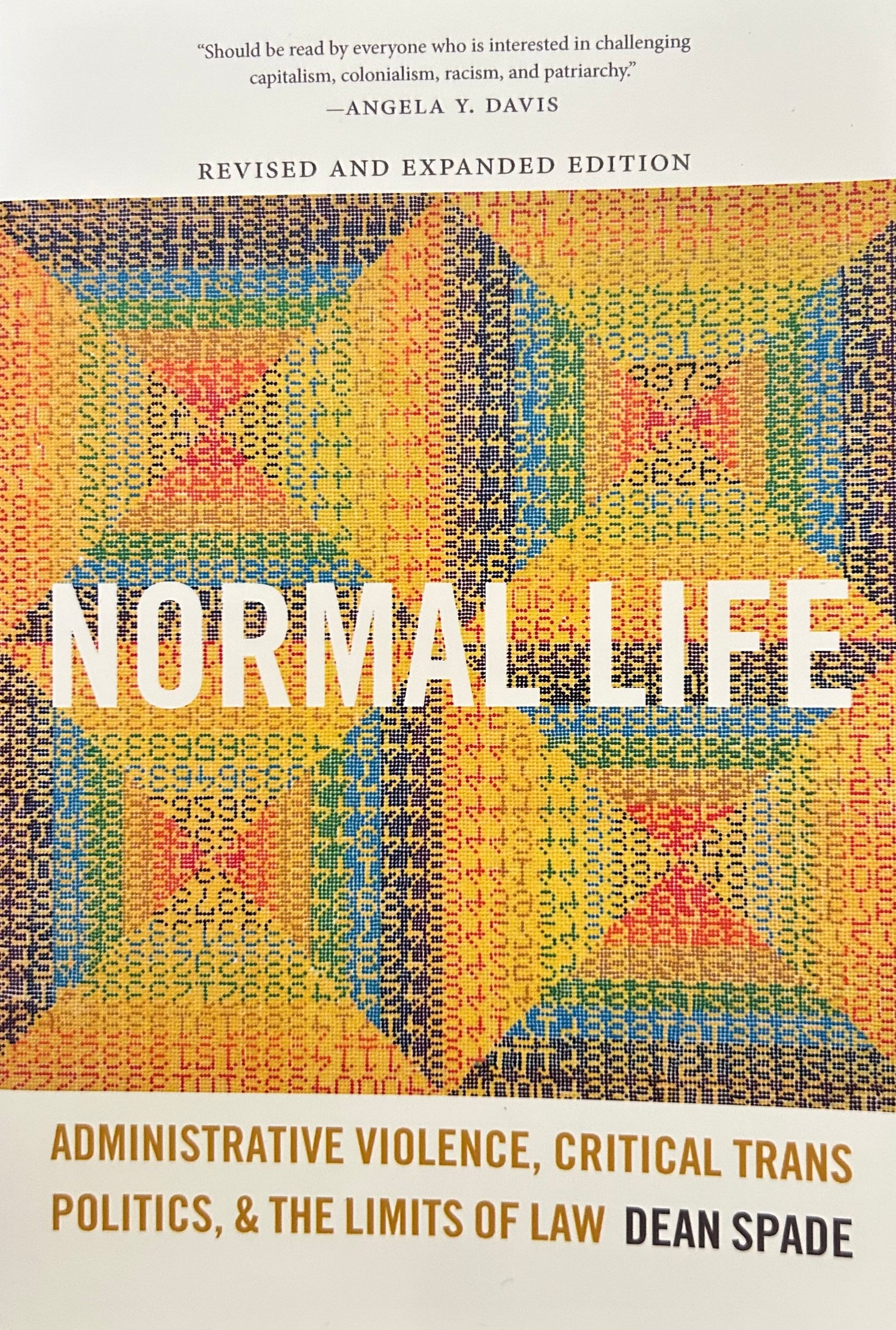
Normal Life: Administrative Violence, Critical Trans Politics, and the Limits of Law
$25.00
Unit price perNormal Life: Administrative Violence, Critical Trans Politics, and the Limits of Law
$25.00
Unit price perBy Dean Spade, 2015 Paperback
Revised and Expanded Edition
Wait—what's wrong with rights? It is usually assumed that trans and gender nonconforming people should follow the civil rights and "equality" strategies of lesbian and gay rights organizations by agitating for legal reforms that would ostensibly guarantee nondiscrimination and equal protection under the law. This approach assumes that the best way to address the poverty and criminalization that plague trans populations is to gain legal recognition and inclusion in the state's institutions. But is this strategy effective?
In Normal Life Dean Spade presents revelatory critiques of the legal equality framework for social change, and points to examples of transformative grassroots trans activism that is raising demands that go beyond traditional civil rights reforms. Spade explodes assumptions about what legal rights can do for marginalized populations, and describes transformative resistance processes and formations that address the root causes of harm and violence.
In the new afterword to this revised and expanded edition, Spade notes the rapid mainstreaming of trans politics and finds that his predictions that gaining legal recognition will fail to benefit trans populations are coming to fruition. Spade examines recent efforts by the Obama administration and trans equality advocates to "pinkwash" state violence by articulating the US military and prison systems as sites for trans inclusion reforms. In the context of recent increased mainstream visibility of trans people and trans politics, Spade continues to advocate for the dismantling of systems of state violence that shorten the lives of trans people. Now more than ever, Normal Life is an urgent call for justice and trans liberation, and the radical transformations it will require.

Northranger: A Modern Graphic Novel Retelling of Jane Austen's Northanger Abbey
$18.99
Unit price perNorthranger: A Modern Graphic Novel Retelling of Jane Austen's Northanger Abbey
$18.99
Unit price perIn this swoony and spooky teen summer romance graphic novel set on a Texas ranch, sixteen-year-old Cade Muñoz finds himself falling for the ranch owner’s mysterious and handsome son, only to discover that he may be harboring a dangerous secret.
Cade has always loved to escape into the world of a good horror movie. After all, horror movies are scary—but to Cade, a closeted queer Latino teen growing up in rural Texas—real life can be way scarier.
When Cade is sent to spend the summer working as a ranch hand to help earn extra money for his family, he is horrified. Cade hates everything about the ranch, from the early mornings to the mountains of horse poop he has to clean up. The only silver lining is the company of the two teens who live there—in particular, the ruggedly handsome and enigmatic Henry.
But as unexpected sparks begin to fly between Cade and Henry, things get…complicated. Henry is reluctant to share the details of his mother’s death, and Cade begins to wonder what else he might be hiding. Inspired by the gothic romance of Jane Austen’s Northanger Abbey and perfect for fans of Heartstopper and Bloom comes a modern love story so romantic it’s scary.
PRAISE FOR NORTHRANGER:
* Harvey Award Nominee
* Honor Book for 2024 Whippoorwill Award
New York Times Bestseller
“This is a devastating book, heartbreaking in how familiar and relatable each story is—yet there’s power and solidarity in it, too.”—Shondaland
Edited and with an introduction by Roxane Gay, the New York Times bestselling and deeply beloved author of Bad Feminist and Hunger, an anthology of powerful first-person essays from writers including Gabrielle Union, Brandon Taylor, and Lyz Lenz fearlessly that unapologetically tackles sensitive topics of rape, assault, and harassment—now available as a special Harper Perennial Olive Edition.
In this valuable and revealing anthology, cultural critic and bestselling author Roxane Gay collects original and previously published pieces that address what it means to live in a world where women have to measure the harassment, violence, and aggression they face, and where they are “routinely second-guessed, blown off, discredited, denigrated, besmirched, belittled, patronized, mocked, shamed, gaslit, insulted, bullied” for speaking out. Contributions include essays from established and up-and-coming writers, performers, and critics, including actor Ally Sheedy and writers Amy Jo Burns, Booker Prize-nominated Brandon Taylor, and Lyz Lenz.
Covering a wide range of topics and experiences, from an exploration of the rape epidemic embedded in the refugee crisis to first-person accounts of child molestation, this collection is often deeply personal and is always unflinchingly honest. Like Rebecca Solnit’s Men Explain Things to Me, Not That Bad will resonate with every reader, saying “something in totality that we cannot say alone.”
Harper Perennial Olive Editions are exclusive small-format editions of some of our bestselling and celebrated titles, and feature unique hand-drawn cover illustrations. All Olive Editions are available for a limited time only.
An energizing case for hope about the climate, from Rebecca Solnit (“the voice of the resistance”—New York Times), climate activist Thelma Young Lutunatabua, and a chorus of voices calling on us to rise to the moment.
Not Too Late is the book for anyone who is despondent, defeatist, or unsure about climate change and seeking answers. As the contributors to this volume make clear, the future will be decided by whether we act in the present—and we must act to counter institutional inertia, fossil fuel interests, and political obduracy.
These dispatches from the climate movement around the world feature the voices of organizers like Guam-based lawyer and writer Julian Aguon; climate scientists like Dr. Jacquelyn Gill and Dr. Edward Carr; poets like Marshall Islands activist Kathy Jetnil-Kijner; and longtime organizers like The Tyranny of Oil author Antonia Juhasz. Guided by Rebecca Solnit’s typical clear-eyed wisdom and enriched by photographs and quotes, Not Too Late leads readers from discouragement to possibilities, from climate despair to climate hope.
How can I enjoy my hot disabled body whilst dealing with internalised ableism?
How can I best navigate my sex life with mobility issues or a carer?
Why are queer spaces so inaccessible - and what can I do about it?
Andrew Gurza is seriously hot. He's also seriously disabled. Having spent a lifetime navigating the bars, clubs and apps of the queer scene, he's learned a thing or two about sparking queer crip joy amidst the hellscape of ableism, microaggressions and 'pity sex'.
With advice on everything from sexual autonomy and self-pleasure to date-prep and disability disclosure - this is both a self-care bible and an urgent call for the queer community to do better.
* Winner of the Lucien Stryk Asian Translation Prize
* Longlisted for the PEN Translation Prize
* A New York Times Editors' Choice
The English-language premiere of Qiu Miaojin's coming-of-age novel about queer teenagers in Taiwan, a cult classic in China and winner of the 1995 China Times Literature Award.
An NYRB Classics Original
Set in the post-martial-law era of late-1980s Taipei, Notes of a Crocodile is a coming-of-age story of queer misfits discovering love, friendship, and artistic affinity while hardly studying at Taiwan's most prestigious university. Told through the eyes of an anonymous lesbian narrator nicknamed Lazi, this cult classic is a postmodern pastiche of diaries, vignettes, mash notes, aphorisms, exegesis, and satire by an incisive prose stylist and major countercultural figure.
Afflicted by her fatalistic attraction to Shui Ling, an older woman, Lazi turns for support to a circle of friends that includes a rich kid turned criminal and his troubled, self-destructive gay lover, as well as a bored, mischievous overachiever and her alluring slacker artist girlfriend.
Illustrating a process of liberation from the strictures of gender through radical self-inquiry, Notes of a Crocodile is a poignant masterpiece of social defiance by a singular voice in contemporary Chinese literature.
#26 on The Guardian's list of 100 best nonfiction books of all time, the essays explore what it means to be Black in America
In an age of Black Lives Matter, James Baldwin's essays on life in Harlem, the protest novel, movies, and African Americans abroad are as powerful today as when they were first written. With films like I Am Not Your Negro and the forthcoming If Beale Street Could Talk bringing renewed interest to Baldwin's life and work, Notes of a Native Son serves as a valuable introduction.
Written during the 1940s and early 1950s, when Baldwin was only in his twenties, the essays collected in Notes of a Native Son capture a view of black life and black thought at the dawn of the civil rights movement and as the movement slowly gained strength through the words of one of the most captivating essayists and foremost intellectuals of that era. Writing as an artist, activist, and social critic, Baldwin probes the complex condition of being black in America. With a keen eye, he examines everything from the significance of the protest novel to the motives and circumstances of the many black expatriates of the time, from his home in “The Harlem Ghetto” to a sobering “Journey to Atlanta.”
Notes of a Native Son inaugurated Baldwin as one of the leading interpreters of the dramatic social changes erupting in the United States in the twentieth century, and many of his observations have proven almost prophetic. His criticism on topics such as the paternalism of white progressives or on his own friend Richard Wright’s work is pointed and unabashed. He was also one of the few writing on race at the time who addressed the issue with a powerful mixture of outrage at the gross physical and political violence against black citizens and measured understanding of their oppressors, which helped awaken a white audience to the injustices under their noses. Naturally, this combination of brazen criticism and unconventional empathy for white readers won Baldwin as much condemnation as praise.
Notes is the book that established Baldwin’s voice as a social critic, and it remains one of his most admired works. The essays collected here create a cohesive sketch of black America and reveal an intimate portrait of Baldwin’s own search for identity as an artist, as a black man, and as an American.
By: Everina Maxell (Author), 2023, Paperback (The Resolution Universe)
Ocean's Echo is a stand-alone space adventure about a bond that will change the fate of worlds, set in the same universe as Everina Maxwell's hit debut, Winter's Orbit.
"I inhaled this one like I needed it to live." ―New York Times Book Review
Rich socialite, inveterate flirt, and walking disaster Tennalhin Halkana can read minds. Tennal, like all neuromodified “readers,” is a security threat on his own. But when controlled, readers are a rare asset. Not only can they read minds, but they can navigate chaotic space, the maelstroms surrounding the gateway to the wider universe.
Conscripted into the military under dubious circumstances, Tennal is placed into the care of Lieutenant Surit Yeni, a duty-bound soldier, principled leader, and the son of a notorious traitor general. Whereas Tennal can read minds, Surit can influence them. Like all other neuromodified “architects,” he can impose his will onto others, and he’s under orders to control Tennal by merging their minds.
Surit accepted a suspicious promotion-track request out of desperation, but he refuses to go through with his illegal orders to sync and control an unconsenting Tennal. So they lie: They fake a sync bond and plan Tennal's escape.
Their best chance arrives with a salvage-retrieval mission into chaotic space―to the very neuromodifcation lab that Surit's traitor mother destroyed twenty years ago. And among the rubble is a treasure both terrible and unimaginably powerful, one that upends a decades-old power struggle, and begins a war.
Tennal and Surit can no longer abandon their unit or their world. The only way to avoid life under full military control is to complete the very sync they've been faking.
Can two unwilling weapons of war bring about peace?
AN INSTANT NEW YORK TIMES BESTSELLER
THE WASHINGTON POST NOTABLE BOOK OF 2021
A GOOD MORNING AMERICA BOOK CLUB PICK
WINNER of the Isabel Allende Most Inspirational Fiction Award - International Latino Book Awards • WINNER of
Best Literary Fiction - She Reads Best of 2021 Awards • FINALIST for the 2022 Southern Book Prize • LONGLISTED for Crook’s Corner Book Prize • NOMINEE for 2021 Goodreads Choice Award in Debut Novel and Historical Fiction
A sweeping, masterful debut about a daughter's fateful choice, a mother motivated by her own past, and a family legacy that begins in Cuba before either of them were born
In present-day Miami, Jeanette is battling addiction. Daughter of Carmen, a Cuban immigrant, she is determined to learn more about her family history from her reticent mother and makes the snap decision to take in the daughter of a neighbor detained by ICE. Carmen, still wrestling with the trauma of displacement, must process her difficult relationship with her own mother while trying to raise a wayward Jeanette. Steadfast in her quest for understanding, Jeanette travels to Cuba to see her grandmother and reckon with secrets from the past destined to erupt.
From 19th-century cigar factories to present-day detention centers, from Cuba to Mexico, Gabriela Garcia's Of Women and Salt is a kaleidoscopic portrait of betrayals―personal and political, self-inflicted and those done by others―that have shaped the lives of these extraordinary women. A haunting meditation on the choices of mothers, the legacy of the memories they carry, and the tenacity of women who choose to tell their stories despite those who wish to silence them, this is more than a diaspora story; it is a story of America’s most tangled, honest, human roots.
